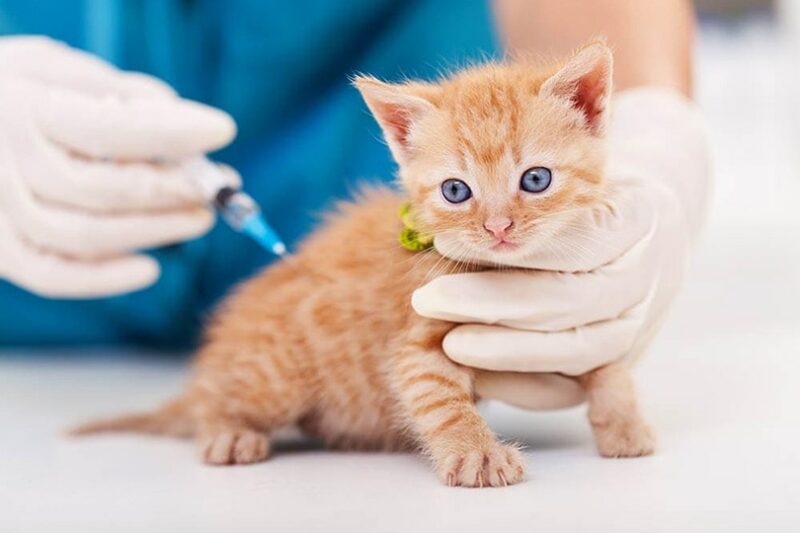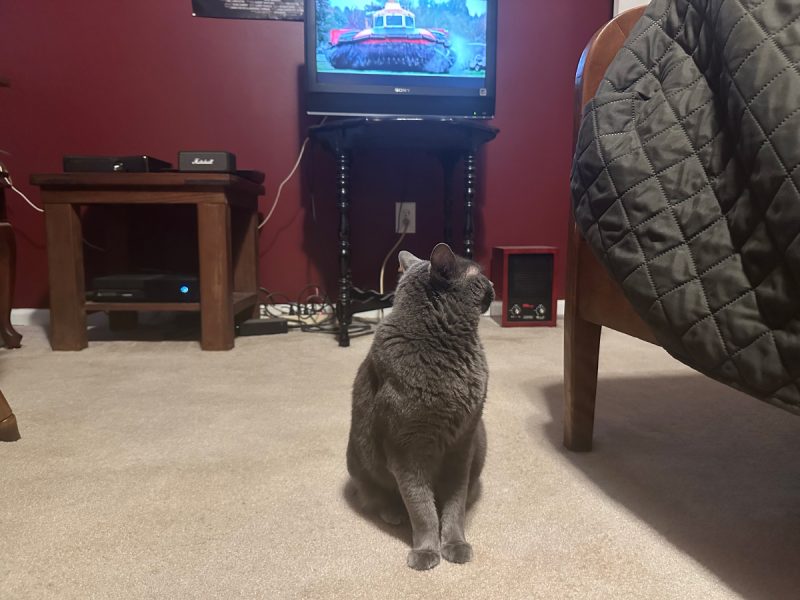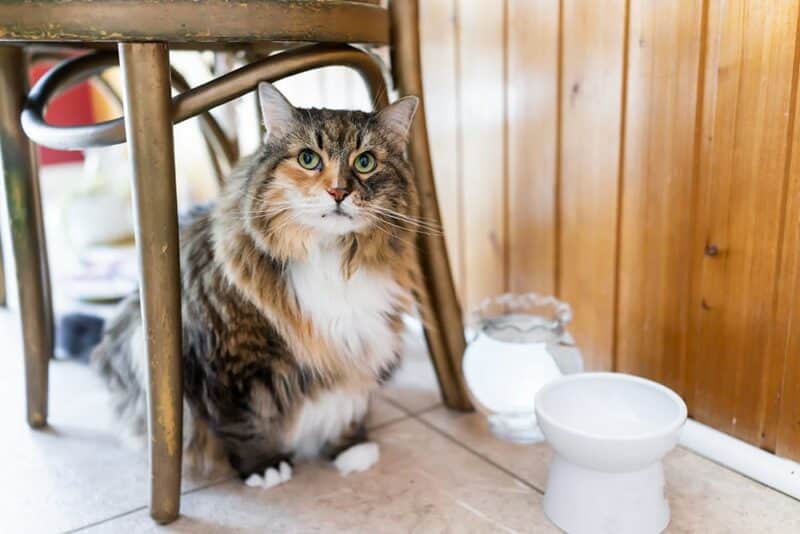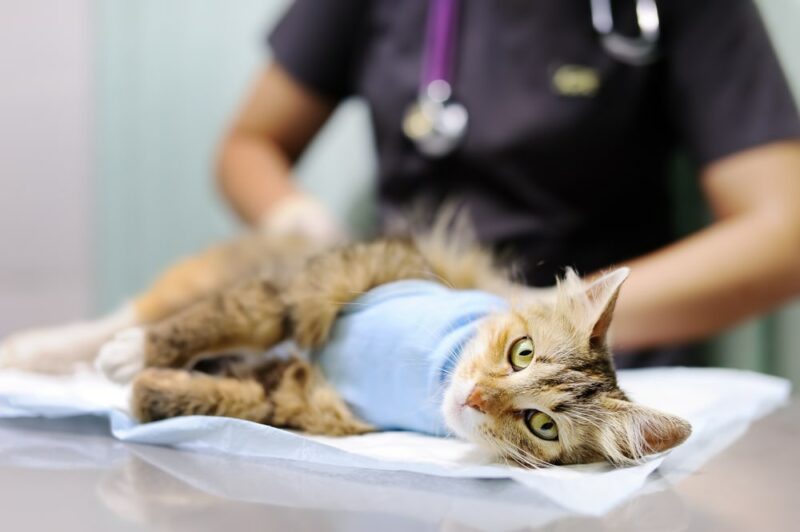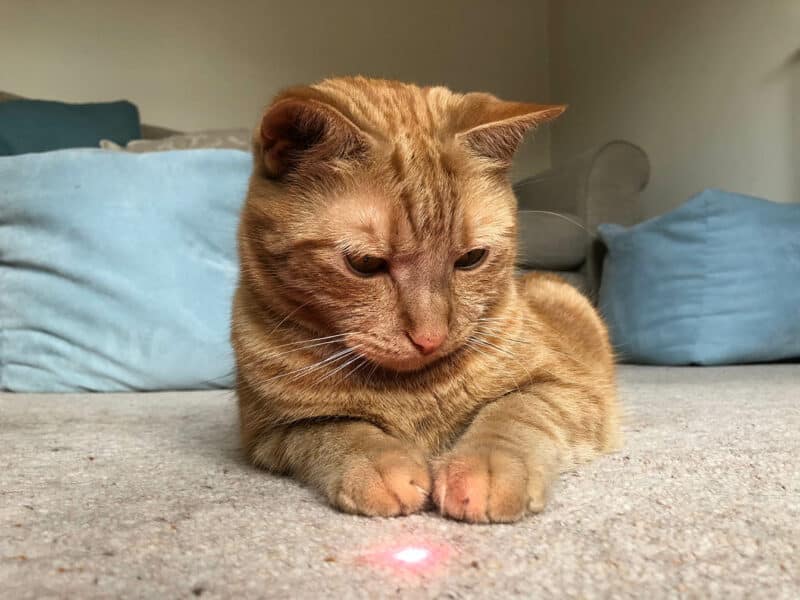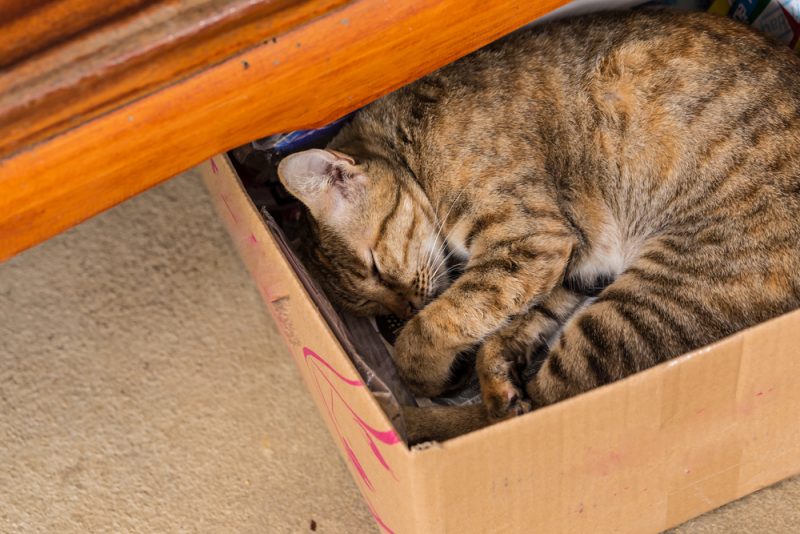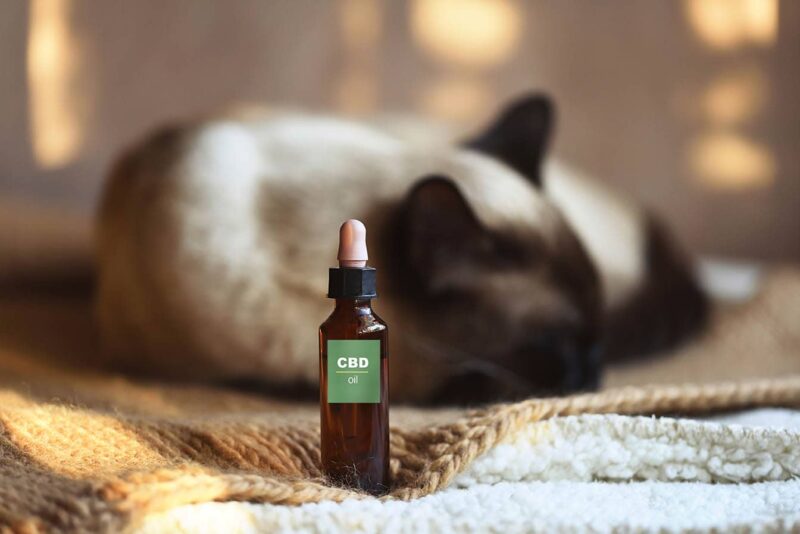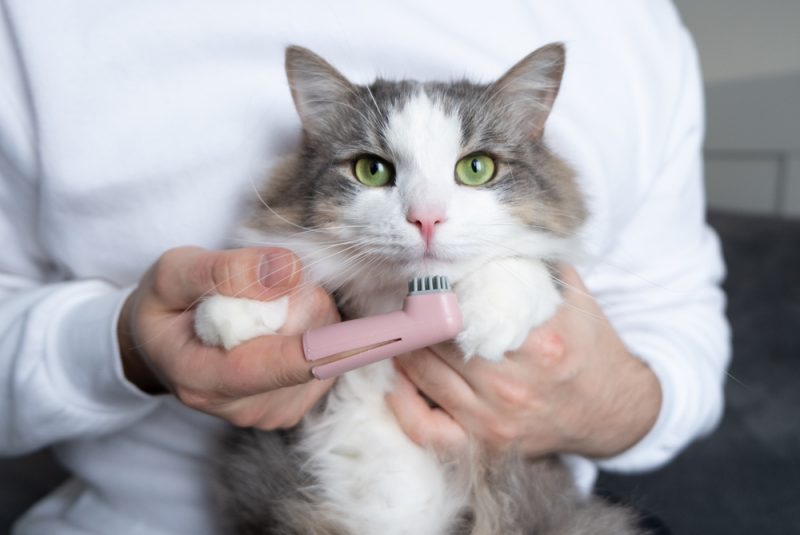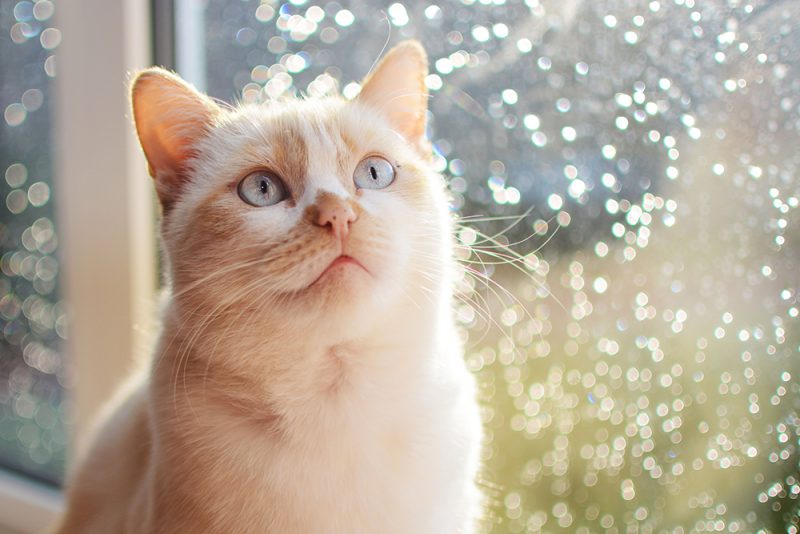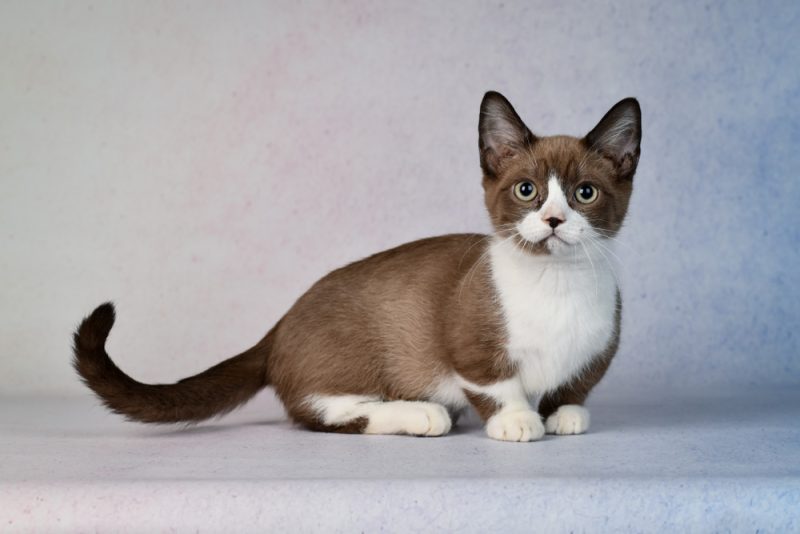Apple cider vinegar is often praised for its health benefits, and many people will use it as a holistic remedy for certain ailments. Apple cider vinegar is safe for cats, and it may help with some mild cases of upper respiratory infection (URI) in cats.
However, before you feed your cat apple cider vinegar, it is important to know how to give it to your cat safely. Here’s how apple cider vinegar may be able to help your cat.

Apple Cider Vinegar and Upper Respiratory Infection in Cats
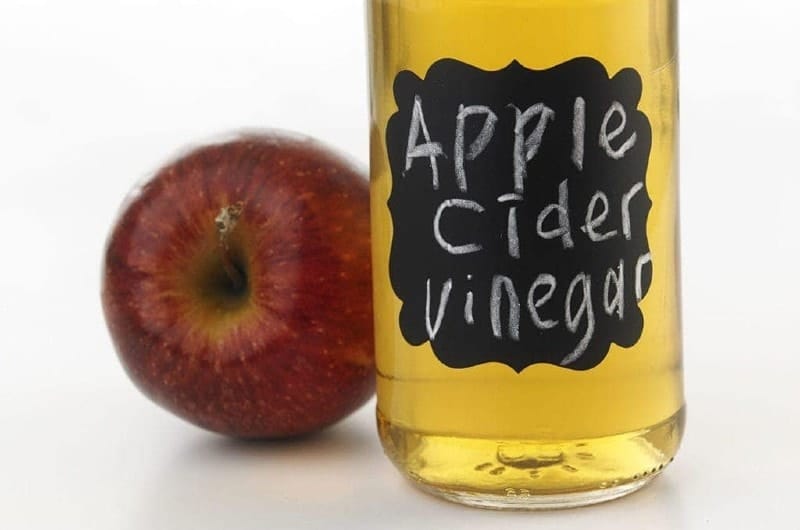
URI is a general term used for respiratory infections caused by bacteria or viruses. The most common types of viral URIs are caused by feline herpesvirus type-1 and feline calicivirus. The most common causes of bacterial URIs are Bordetella bronchiseptica and Chlamydophila felis.
Apple cider vinegar is known to have antibacterial properties in some settings. Some people claim that apple cider vinegar also has antiviral properties, but more research needs to be completed to support this claim. However, giving apple cider vinegar to a cat with a URI is unlikely to help alleviate the signs or duration of the URI.
Giving Your Cat Apple Cider Vinegar
If your cat has a URI, it is best to take it to a veterinarian first to receive a proper diagnosis. The veterinarian can provide a more specific diagnosis and give treatment options for your cat.
You can consult the veterinarian to determine if apple cider vinegar is a holistic treatment you can give to your cat. Some complications may cause apple cider vinegar to worsen your cat’s condition. For example, it’s important to get apple cider vinegar cleared by the veterinarian if your cat has another medical condition, is taking medication, or eating prescription food. Also, cats with kidney disease may not benefit from apple cider vinegar due to its acidity.
If you get the veterinarian’s approval, make sure only to use high-quality, organic apple cider vinegar. High-quality apple cider vinegar will contain a culture of beneficial bacteria, more commonly known as the “mother,” in the bottle. It will appear murkier due to the mother and needs to be shaken before use.
Feeding your cat apple cider vinegar on its own can be too strong, so make sure to dilute it with water first. Mix 1 teaspoon of apple cider vinegar per 1 quart of water and pour the mix into your cat’s water bowl.
If your cat refuses to drink the water, don’t force the issue. And further, cats shouldn’t eat more than a teaspoon of diluted apple cider solution. Consuming more can lead to negative effects and make your cat feel sicker.
Need veterinary advice but can't get to the clinic? Catster recommends PangoVet, our online veterinary service. Talk to a vet online and get the answers and advice you need for your cat without having to leave your living room — all at an affordable price!


Conclusion
Apple cider vinegar is a holistic remedy that some people believe may help with bacterial URIs. While it’s not a proven or vetted treatment if you would like to try this, speak with your veterinarian for more guidance. Just make sure to use high-quality organic apple cider vinegar and only feed your cat a teaspoon of a diluted solution.
Continue to monitor your cat’s condition. If it worsens, stop feeding it apple cider vinegar and reconvene with your veterinarian for further care instructions.
Featured Image Credit: focal point, Shutterstock


